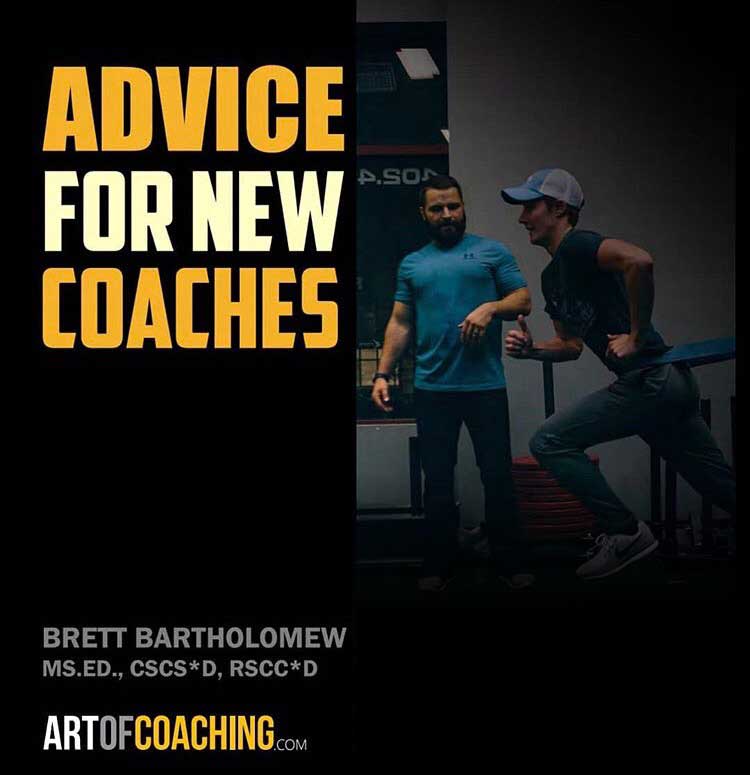It’s been said that writing forces clarity. Maybe that is true, but it also causes countless aspiring wordsmiths to want to punch a hole in their computer screen as well.
Count myself amongst them.
Despite having just released my book Conscious Coaching: The Art and Science of Building Buy-In just 9 months ago, I am not someone who enjoys the process of writing, but I do appreciate what the process itself produces, as well as the impact that it can make on anyone who happens to stumble upon a given article or other piece of literary work.
Ernest Hemingway once summed up his views on the writing process by stating the following, “There is nothing to writing, all you do is sit down at a typewriter and bleed.” Those words don’t exactly align with the way that Hollywood tends to romanticize it in the movies do they? You know what I’m talking about. The ones in which a lovable “loser” or tortured genius struggles to find his/her muse and continues to self-sabotage themselves at every turn until eventually some life-changing moment brings about the very epiphany that unleashes their inner Proust.
Popular media always makes the creative process seem like its simply a matter of stumbling upon a vital spark and then it is “game on” or open-season to take the world by storm with your ideas. Which is why countless wanna-be authors try to hash-out content at a break-neck pace only to be surprised when it doesn’t last beyond a week or connect with any true audience.
Writing is not easy. Writing is not glamorous. And for the vast majority of people (including myself), doing it well does not come naturally. But, if you have something to say and you can make yourself stay in the saddle long enough while committing to an idea that you believe has value, every bit of the inner angst, self-doubt and turmoil are worth it.
Which is why I am just now giving “blogging” a go for the first time, though I cannot promise it will last. Sure I have messed around a bit at certain times, but at the first sign of trouble, I would simply slam my laptop shut and convince myself that I am simply a much better speaker than I am a writer. Easy for me to say since elocution has always come far more naturally to me than creating an orderly outline on a blank page.
But it is the things that we often despise doing the most that we need to force ourselves to see through to the end. Relax, this isn’t some “work on your weaknesses in order to become a more well-rounded person” motivational speech. I’m not sure I believe in that kind of a mantra the way that I used to.
What I do believe in is the fact that all of us have a unique message that we have a limited time to share and it’s our responsibility to share it. In order for us to do so, we need to become more proficient at excavating the landfill that our thoughts can become due to the deluge of tweets, posts, YouTube links and emails that all vie for our attention on a daily basis.
So please bear with me as I do my best to continue to work through this process myself, and do my best to share thoughts with you that are pragmatic and valuable in nature, or at the very least, occasionally entertaining. I have been told by those who are truly great writers that one of the best ways to go about building a writing habit, is to not obsess about grammar, punctuation, vocabulary and the like in the beginning- but rather to start with an idea, and allow the words AND your thoughts to spill onto the page. To be clear(er) they were not saying that it is OK to be sloppy. But rather, their warning was a prescient one that speaks to the fact that when we prematurely censor ourselves too early or often in the process that we are doomed to stagnate any true semblance of creativity or voice.
This is the same rule that I will be following on this platform, and it is the same rule that helped me work my way out of a bit of writer’s block during year three of writing my book, as well as the Field Guide that went along with it. And while the latter only took 4 months for me to finish and was created as a free resource for fellow coaches, managers, and leaders of any kind, I still subjected myself to the same pervasive self-criticism as I did with the tome that predated it as well as the research that I conducted on cuing and athletic performance in graduate school. Sound silly? Tread carefully as most writers or regular bloggers will tell you that this kind of self-doubt and frustration can often even accompany the everyday tasks they partake in such as writing emails.
Why? Because we care about the quality of our work, and because we have been told by society (and our 9th grade gym teacher), that everything we do is a reflection of our values and our work ethic. But I disagree. I think that it is instead the very things that we do NOT do, or even attempt to do that ultimately defines us. And it can often be this very notion of perfectionism itself that sends us down that winding road that leads to the millions of projects never finished, songs never sung, and words never shared.
So if you have an idea, dare to be imperfect. After all, it is far better that you practice the art of expression itself and work to see things through to their end than it is to live in constant silence or self-doubt.
Thanks for reading and I look forward to hearing your thoughts.
- For more you can check out a free chapter of my book at ConsciousCoachingBook.com or receive updates when it’s released on Audible at ArtOfCoaching.com/Audiobook




